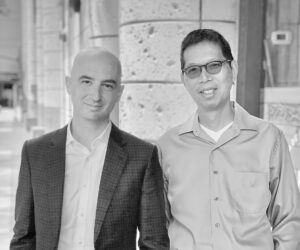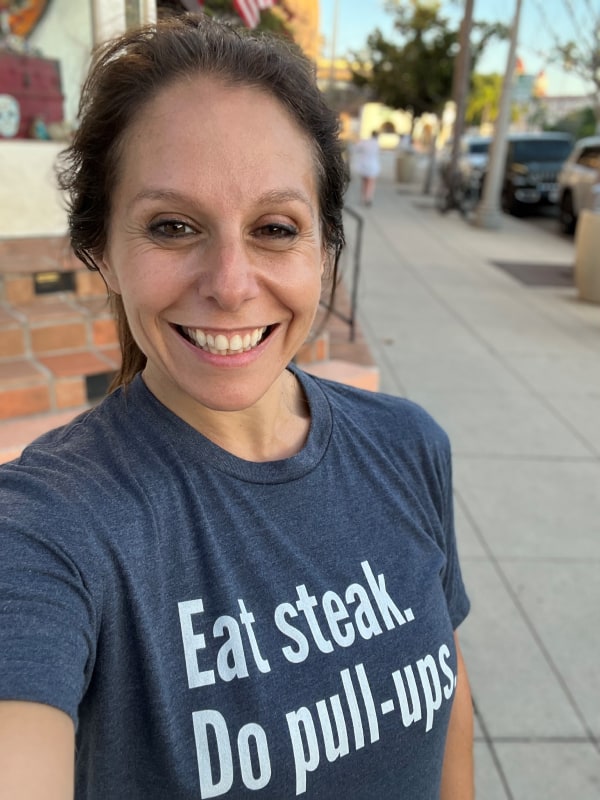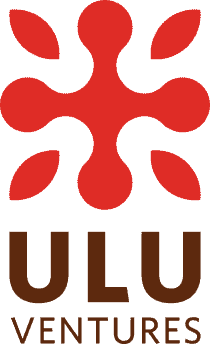Ulupreneur Julian McCarty never felt like a “professional” person. Although his father was an artist and the family fostered creativity, he somehow always felt like he should pursue some kind of professional career.
Shortly after he graduated from UC Berkeley with degrees in math and political science, he worked as a consultant advising AT&T on their call center operations. He saw first-hand what a tough and sometimes downright-horrible job it was, and learned how call center workers often really wanted to have good customer conversations—but they just didn’t have the tools for it.
Still driven by the sense that he was destined to pursue a professional career, Julian earned an MBA at Stanford. He then landed what he thought was the ultimate professional job … working as an investment banker. While he worked at Credit Suisse, he covered the call center for mergers and acquisitions and IPOs: once again, he saw similar issues with call center agents. He was introduced to Chishun Kwong, an expert in the field of speech analytics software who would help him diligence a number of software companies. They both believed there was an opportunity to take advantage of advancements in AI and real-time transcription and apply them to call centers to facilitate better conversations.
They co-founded MosaicVoice in 2021. MosaicVoice provides software that empowers call center agents with real-time guidance and powerful analytics on all voice and video calls. It tracks compliance and outcomes using AI to help guide them through customer interactions.
When we caught up with Julian, he said it’s a great time for MosaicVoice and that the pullback in the economy provides an opportunity for the firm.

What have been the challenges and opportunities in the current economic market?
For the first time, we’re able to transcribe conversations in real time at scale in a way that’s affordable. There’s this massive corpus of conversational data that exists for the first time. And we’re able to perform real-time analytics on top of that. That’s opened up a huge amount of opportunities in terms of how we can take these very challenging jobs and use artificial intelligence to make them more manageable; to empower the people who are doing the jobs; and ultimately, to deliver a better experience, not only to the customer but also to the workers who are delivering that experience.
Do you have any tips for founders who are fundraising?
Fundraising is very difficult. The approach that worked best for us is just having very honest, open-ended conversations with investors. I know that sounds too simple to be true. A lot of the companies give these very performative presentations and interactions when they pitch. Investors see pitches like that constantly and I think they want a break from it. In my view, investors welcome it when founders speak to them plainly, in something other than a marketing dialect. One thing we do is openly, proactively talk about the challenges that exist for us. I think when people hear that, often it moves them to our side of the table where they can begin to talk with us about how we can overcome those challenges. I think when you’ve pivoted the relationship in that way, that’s the first step of really building that relationship and ultimately turning that into an investment.
What are your dreams for MosaicVoice?
The long-term vision and the opportunity are much larger than just the call center. The call center is a space where you can train these AI algorithms based on massive amounts of data. But how can you take that knowledge and bring that into increasingly unstructured dialogue flows? How can you bring that into something like education? How can you use conversational intelligence and learnings that are gained from hundreds of thousands of conversations in the call center and use that AI to power better teaching, better coaching in third world countries that don’t necessarily have access to teachers that we have in the US, right? How can you get someone like Bill Clinton to give a lecture and then have that same lecture performed by a teacher in Honduras? That’s what the future of conversational intelligence is. And I think the amount of data that we’re collecting really positions us to help lead that.
Julian says when they were looking at long term possibilities for MosaicVoice, Ulu’s market mapping exercise was a critical tool to help the team figure out markets and opportunities. Hear what Julian has to say about the process.




